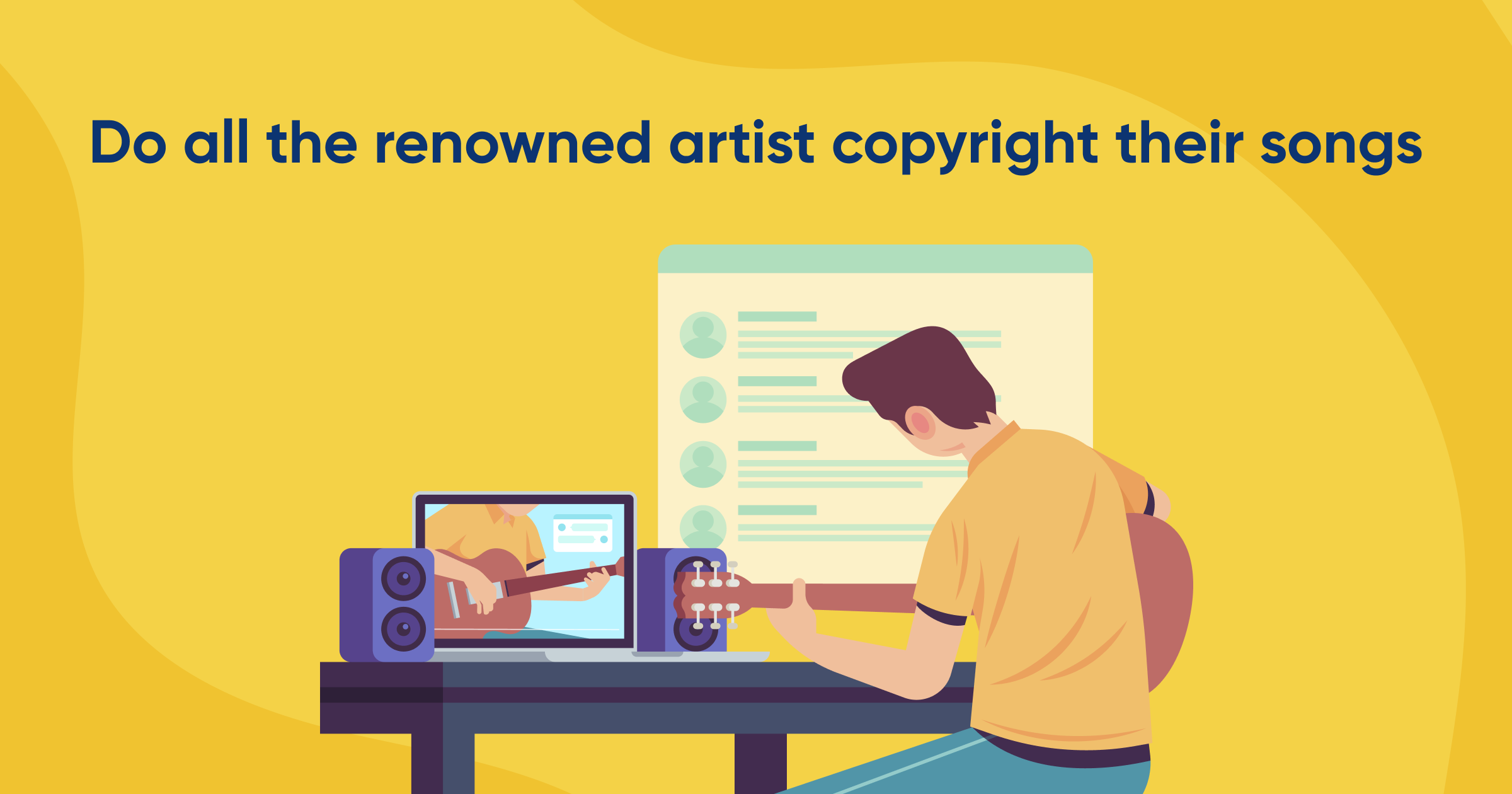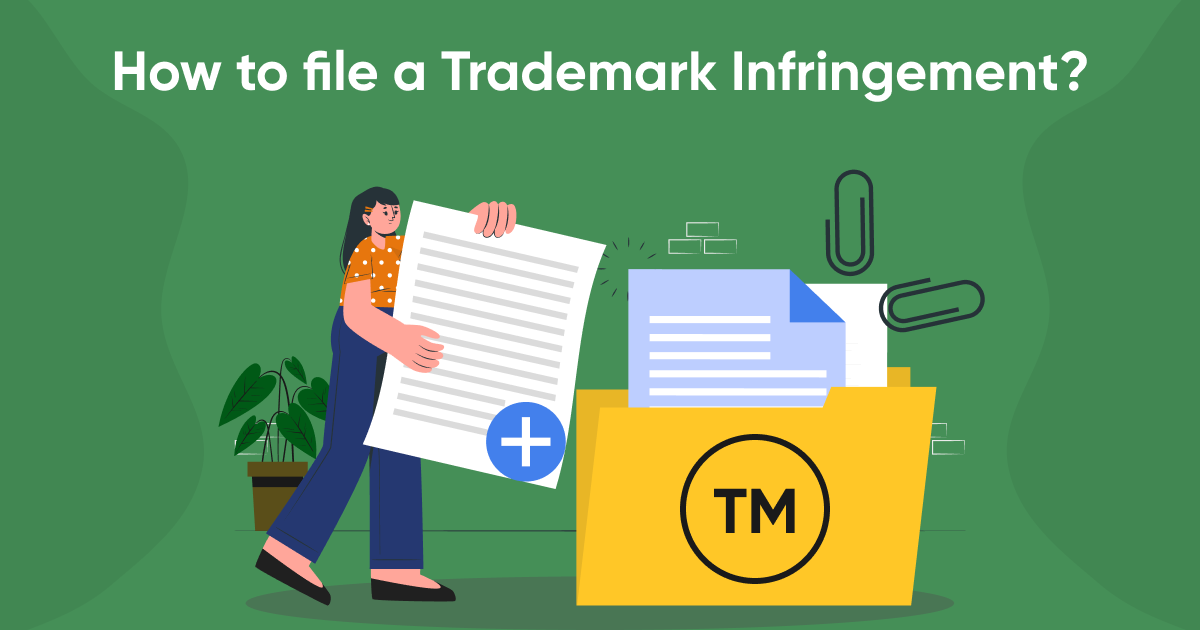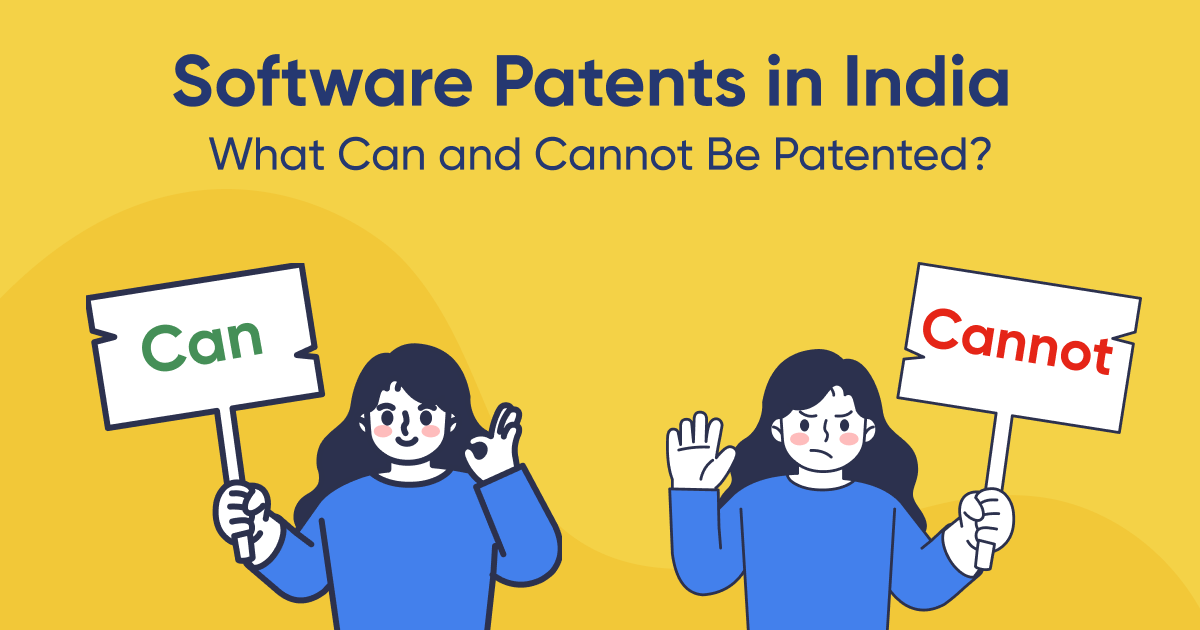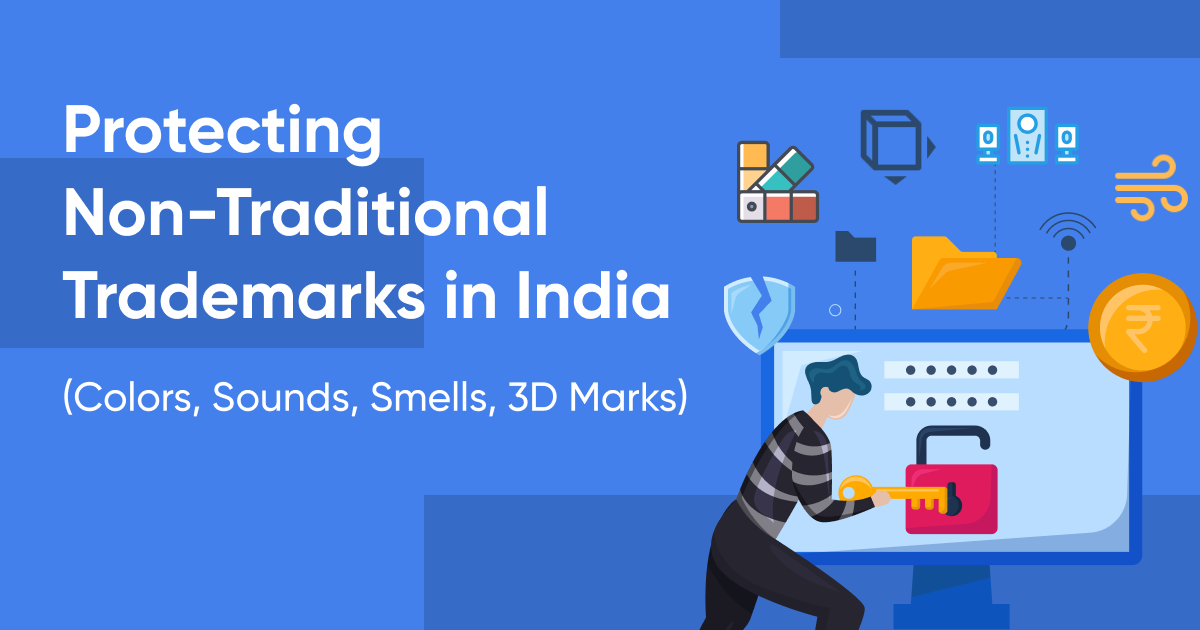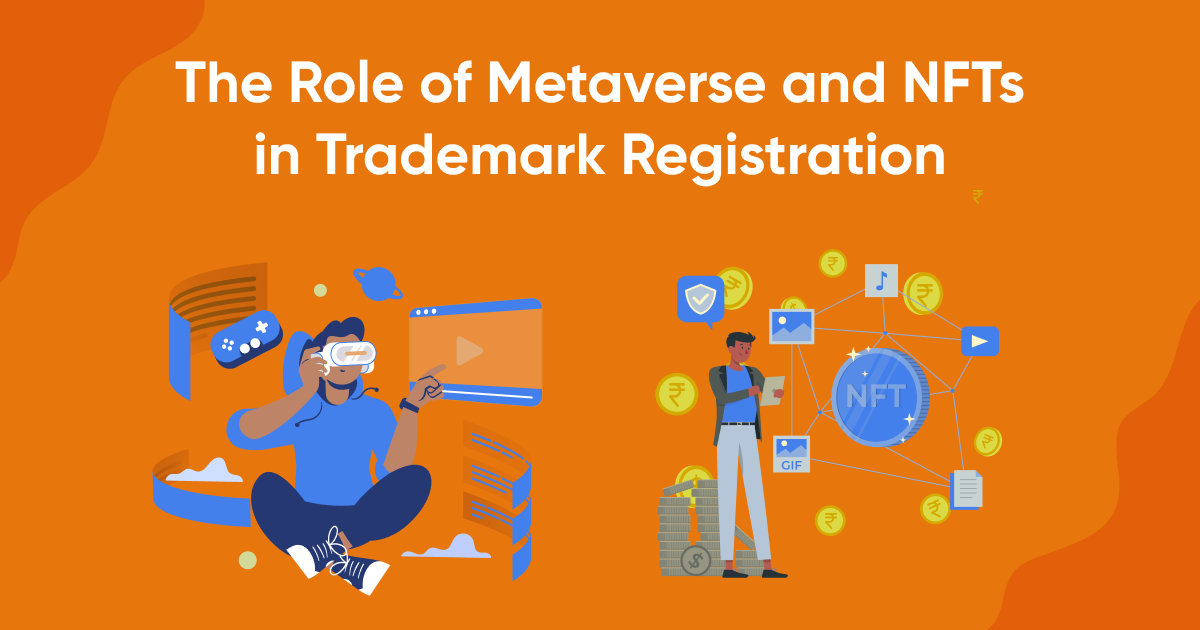Do All Renowned Artists Copyright Their Songs?
When it comes to music, one of the first things that come to mind is the artist who created the melody, penned the lyrics, or delivered that unforgettable vocal performance. However, behind every great song lies an important question
Is the song protected by copyright? While we often assume that every renowned artist copyrights their songs, the process is more complex than it seems.
In this blog, we will explore whether all renowned artists go through the process of copyrighting their songs, why copyright is essential in the music industry, and how it impacts the rights and revenues of artists.
We will also touch on the Indian context, where the music industry is rapidly evolving, and how artists protect their work in a digital age. Lastly, we'll look at how platforms like Trademarkia can help simplify the copyright process for artists.
Understanding Copyright in Music
Copyright is a form of intellectual property protection that grants the creator of original works, including music, exclusive rights to use and distribute their work. In the context of music, copyright protects both the composition (lyrics, melody, and musical arrangement) and the sound recording.
The moment a song is created and fixed in a tangible form (such as being written down, recorded, or stored digitally), the artist automatically owns the copyright to their work. However, formal registration with the copyright office provides added legal protection, making it easier to enforce rights in the event of infringement. This becomes particularly important for renowned artists whose works are more likely to be exploited without permission.
Do All Renowned Artists Copyright Their Songs?
Although copyright protection is automatically granted upon the creation of a song, not every artist takes the additional step to formally register their songs with the copyright office. The reasons for this vary, and the approach to copyright differs among artists, genres, and regions. Let’s delve into some factors that influence whether renowned artists choose to register their songs:
- Automatic Copyright Protection: As mentioned, copyright protection is automatic as soon as the work is created. Therefore, some artists might not feel the need to go through the formal registration process, especially if they are just starting out or aren't aware of the benefits of formal registration.
- Record Labels: In the case of renowned artists, record labels often handle the copyright registration process. Many labels own the copyright to the sound recordings and manage the legal and financial aspects of a song's release. As a result, the artist themselves may not always be directly involved in the copyrighting process.
- Legal Knowledge and Awareness: Artists who have strong legal representation or a better understanding of intellectual property are more likely to formally copyright their songs. For some, it is part of their standard practice to ensure all their work is registered, both to protect against infringement and to secure financial benefits such as royalties and licensing.
- International Market: Renowned artists with an international audience are more likely to register their songs in multiple countries. Copyright laws vary from country to country, and ensuring global protection requires formal registration in different jurisdictions, often through treaties like the Berne Convention or via specific agencies.
- Independent Artists: The rise of independent artists, who release and manage their music without a record label, has introduced a new dynamic to the copyright discussion. These artists may or may not register their songs, depending on their resources, knowledge, and the markets they target. However, as digital distribution becomes more common, many independent artists are becoming more aware of the importance of copyright registration to secure their earnings from streaming services and digital downloads.
Why Do Artists Copyright Their Songs?
Formal copyright registration provides significant advantages for renowned artists. Here’s why artists copyright their songs:
- Legal Protection: While copyright is automatic upon creation, formal registration provides a clear record of ownership and strengthens an artist’s legal position. If someone uses a song without permission, it’s much easier to take legal action when the work is registered.
- Licensing Opportunities: Copyright allows artists to license their work for various uses, such as films, commercials, video games, and more. Licensing can generate substantial revenue, and without formal copyright registration, artists may struggle to claim these earnings.
- Royalties: Royalties are a significant source of income for many artists. Whether from radio play, streaming platforms, or public performances, royalties are distributed to copyright holders. Having a registered copyright ensures that artists are paid what they’re owed.
- Preventing Infringement: In the digital age, songs are easily shared and reproduced without permission. By copyrighting their songs, artists can take legal action against unauthorized reproductions, helping them protect their intellectual property.
- Moral Rights: Copyright also confers moral rights to artists, giving them control over how their work is used or modified. This is particularly important for artists who want to maintain the integrity of their music and prevent alterations or misuse.
Copyrighting Music in India
India has a rich musical heritage, and the country's music industry is one of the largest in the world. As the industry evolves and adapts to digital trends, copyright protection has become a key issue for Indian artists, particularly renowned musicians and composers. Here’s a look at how copyright works in the Indian context:
- Automatic Copyright in India: As per Indian law, a song is automatically copyrighted as soon as it is created and expressed in a tangible form. However, formal registration is still recommended for additional protection and ease of enforcement in case of disputes.
- The Copyright Act, 1957: In India, copyright is governed by the Copyright Act, 1957, which provides creators with exclusive rights over their works. For music, this includes the rights to reproduce the work, distribute copies, perform the work in public, and more.
- Royalty Rights in India: India’s copyright law provides artists with the right to receive royalties from their music, which is crucial for sustaining their livelihoods. These royalties can be collected through copyright societies like the Indian Performing Rights Society (IPRS) and the Phonographic Performance Limited (PPL) for public performances and broadcasts.
- Digital Platforms: With the rise of streaming services in India, such as Spotify, Apple Music, and JioSaavn, the need for copyright protection has never been greater. Artists must ensure that their work is registered and properly licensed to secure their royalties from these platforms.
- Challenges for Independent Artists: While renowned artists often have legal teams or record labels handling their copyrights, independent artists in India face more challenges. Many lack the knowledge or resources to formally register their works, leaving them vulnerable to infringement.
Conclusion: Copyright as an Essential Tool for Artists
In an industry where creative work is highly valuable, copyright serves as a crucial tool for protecting the rights and revenues of artists. While not every renowned artist may actively engage in the process of registering their songs, copyright remains a fundamental aspect of the music business.
Whether it’s through automatic protection or formal registration, artists should be aware of their rights and take steps to safeguard their music.
For artists in India, the landscape is rapidly changing as the music industry adapts to digital platforms and global audiences.
By understanding copyright law and utilizing Trademarkia, artists can ensure their work is protected, allowing them to thrive in the competitive world of music.
